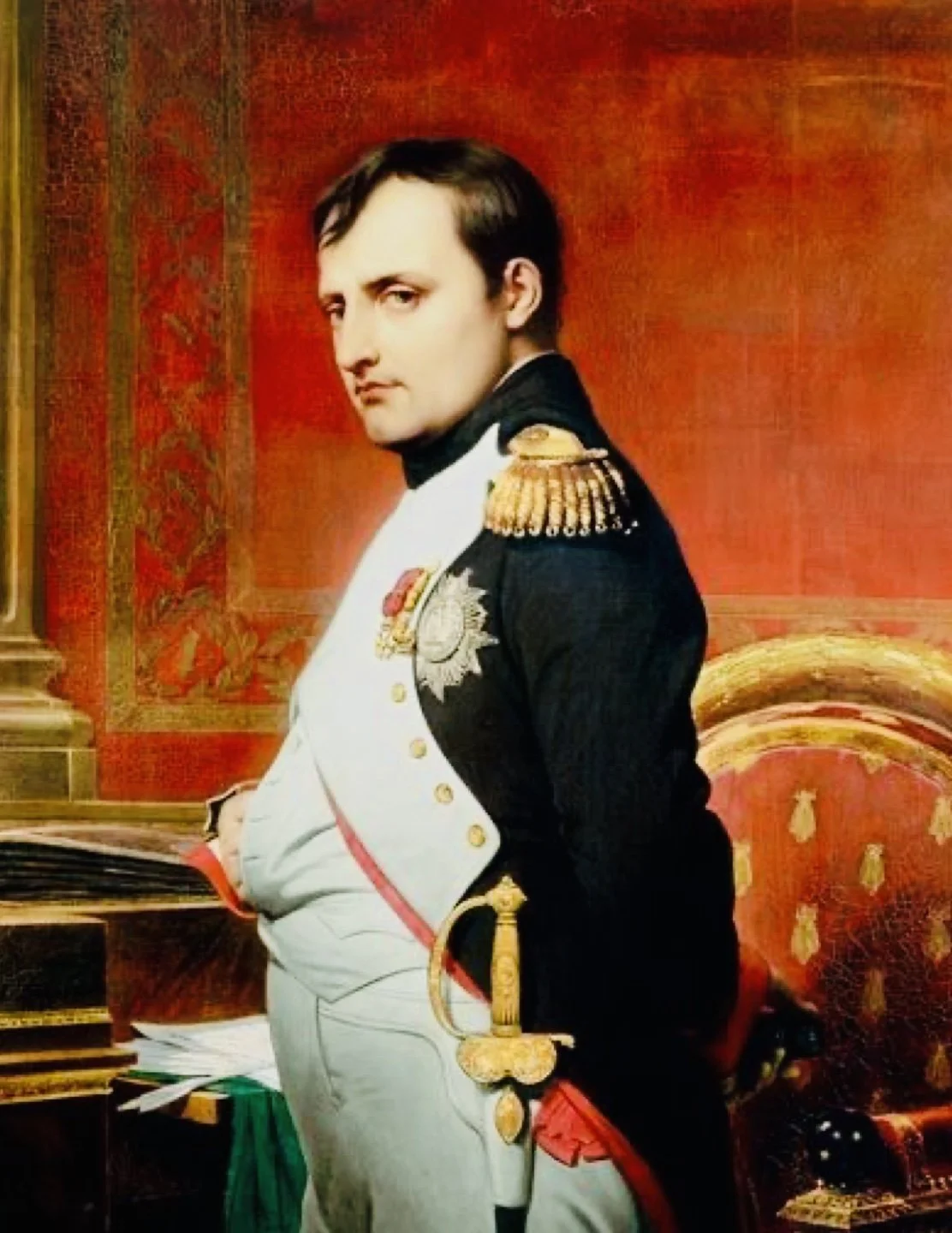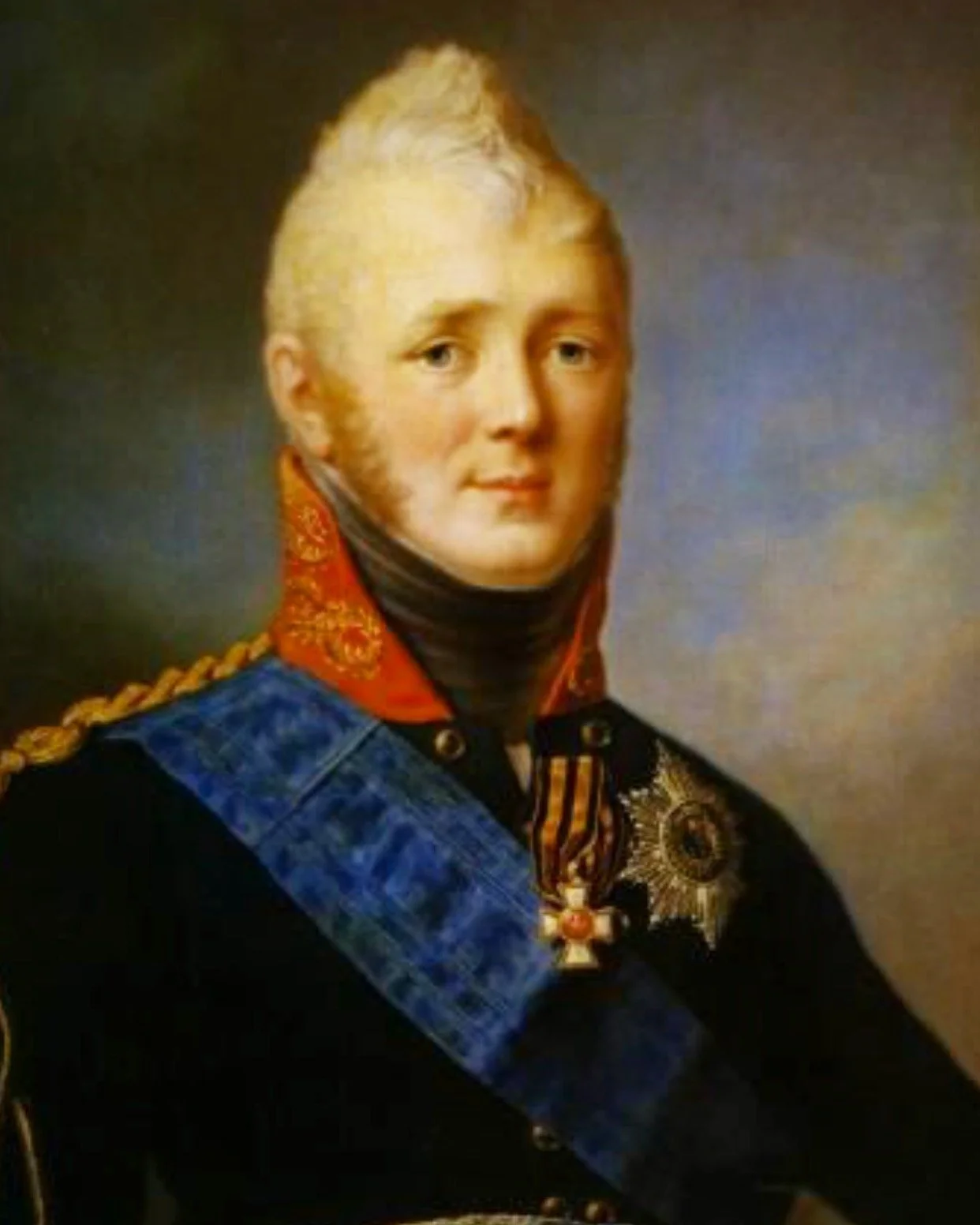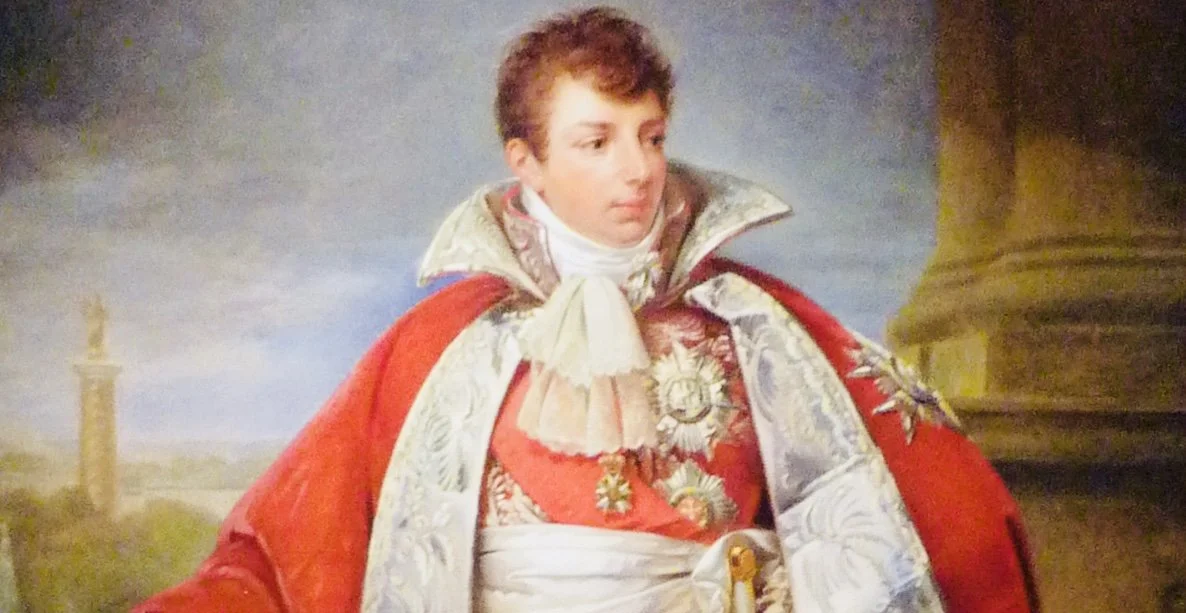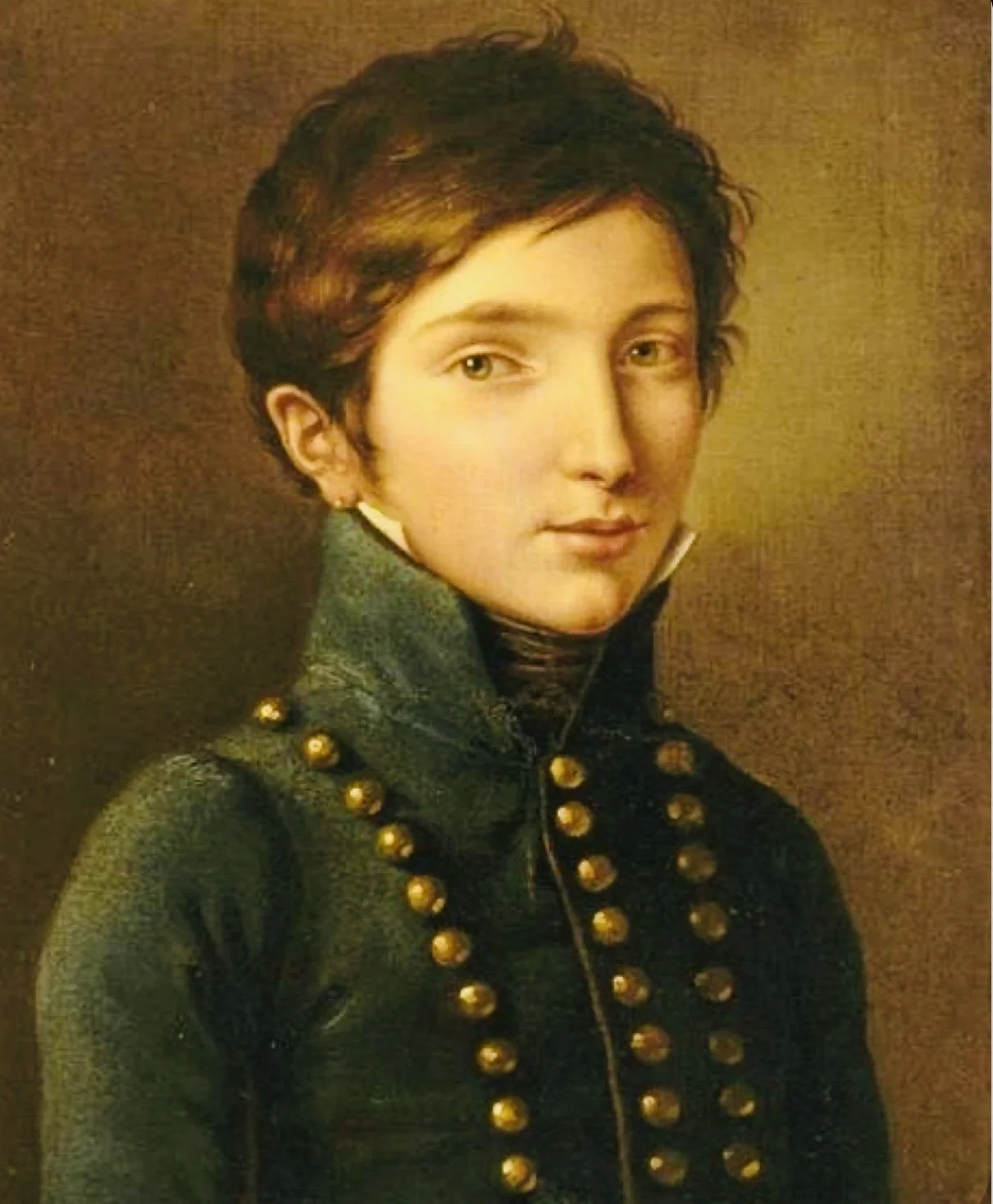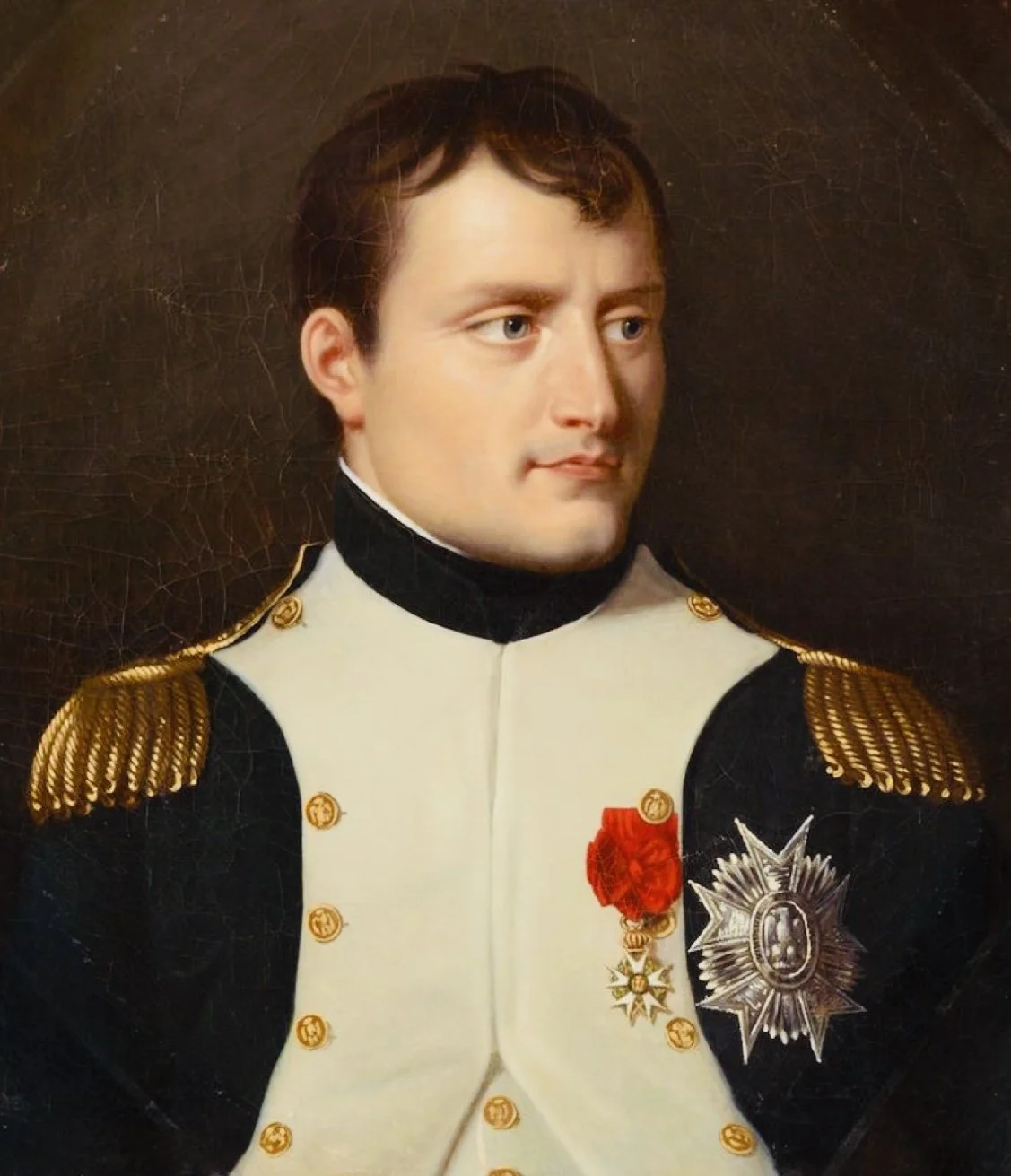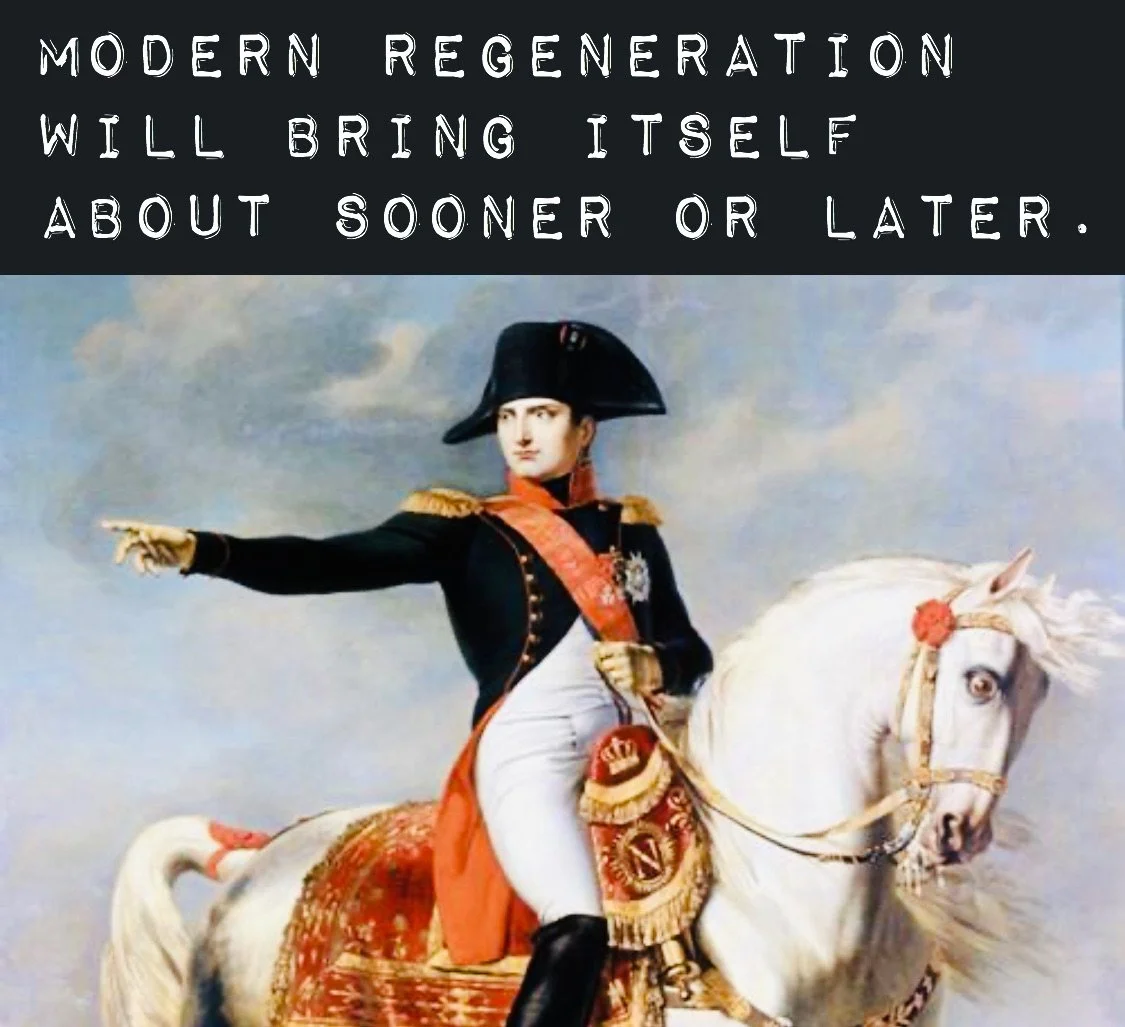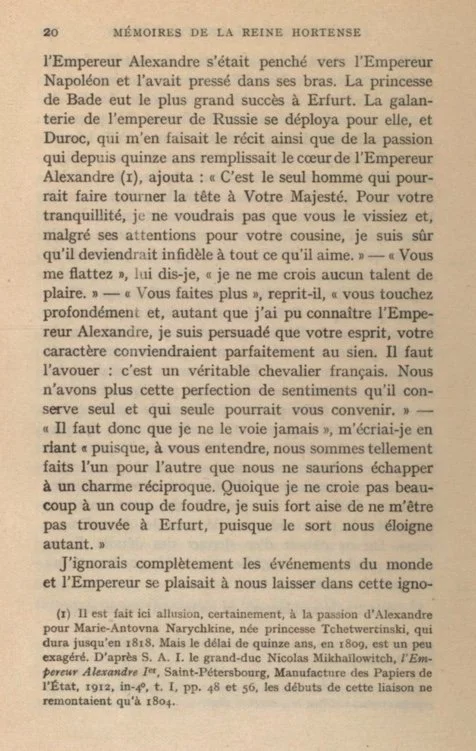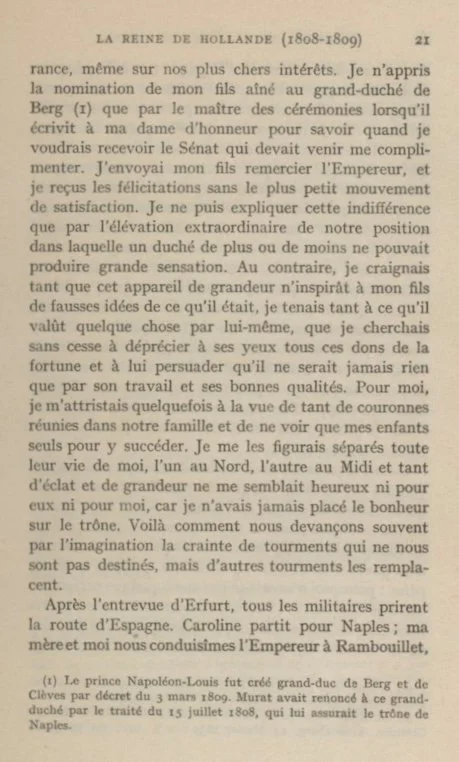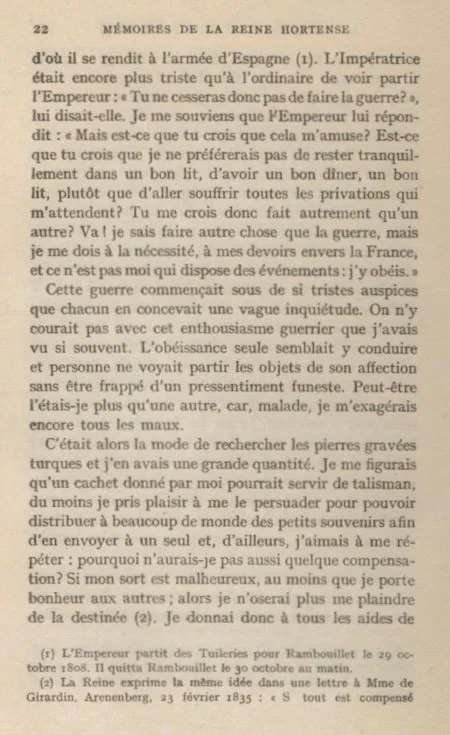Let’s have another look at Hortense’s Memoirs. If you want to read the book it is available for free at the side bar in English and French. Use the widget on the sidebar to translate the text below into pretty much any language.
The “Napoleonic” wars were deliberately fomented and then they were blamed on Napoleon. As this story progresses we sees that a picture is created for Napoleon by various interested players that the only way out of this constant violence is a new marriage to an aristocratic stranger. This is the illusion that destroys Napoleon and what he was working so hard to accomplish on behalf of humanity.
I spell this out to show that this force which succeeded in bringing down a genuine populist like Napoleon is still the guiding force behind disagreeable events and circumstances we constantly endure today. Since this entity hides in plain sight behind a media which it controls, we can still identify this not so hidden force by its actions.
Also in this passage, we see Czar Alexander pretend to be Napoleon’s new best friend. We later find that this was nothing but an act and then after that he becomes Hortense’s new best friend and then we later learn that pretending to be Hortense’s new best friend was an act as well. Patterns.
Hortense’s memoirs continues:
I was still living at Saint Cloud when the Emperor left for Erfurt, where all the reigning princes of Germany as well as the Emperor of Russia were to meet him. I witnessed the tears my mother shed when she thought about this journey. The Emperor reassured her, saying this gathering was purely political and had nothing to do with those family alliances which were being talked about. As a matter of fact the intimacy which existed at the time between the Emperor Napoleon and the Emperor of Russia led people to suppose that a marriage between Napoleon and the Grand Duchess Catherine of Russia might take place.
The result of the meeting at Erfurt was still further to increase the intimacy between the two monarchs. This was shown by all sorts of incidents.
For example, in a tragedy given by French actors which they attended, at the line,
“A great man's friendship is a gift of the gods —“
Emperor Alexander leaned over and threw his arms around Emperor Napoleon, embracing him. The Princess of Baden was extremely popular at Erfurt. The Emperor of Russia was most attentive to her.
Duroc, who told me about it, also spoke of Alexander's passion for another wornan, which had lasted fifteen years.
He added: "He is the only man who might turn your Majesty’s head. For your own peace of mind, I hope you will never see him. In spite of the attention he showed your cousin I am sure if he met you, he would be unfaithful to everything else he cared about."
“You are flattering me," I replied;
“I do not believe that I know how to charm people."
“You do more than charm them," he continued. “You arouse their sympathy, and knowing the Emperor Alexander as I do, I am convinced that your character and your intellect would please him greatly. I must admit he has all the gallantry of a French knight. We no longer have that refinement of feeling and sentiment which he possesses and which is necessary to please you."
“Then I must take care never to see him," I exclaimed. laughingly. "Judging by what you say we are so absolutely made for one another that we could not escape our mutual attraction. Although I am no great believer in the theory of love at first sight, I consider it very fortunate that I did not happen to be at Erfurt. There at any rate Fate kept us apart."
I was completely ignorant of what was going on in the political world, and the Emperor preferred not to inform me of such matters, even when our own most vital interests were involved. I only learned that my eldest son had been made Grand Duke of Berg when the master of ceremonies wrote my chief lady in waiting, asking when I could receive the visit of congratulation from the Senate.
I sent my son to thank the Emperor and I received the congratulations regarding this event without feeling the least pleased about it. I can only explain this indifference on the ground that our rank was already so exalted that a duchy more or less did not make much difference. On the contrary I feared that the additional pomp connected with his new title might give my son false ideas regarding his importance in the world, for I specially desired him to have merits of his own, and constantly belittled all those gifts which his birth conferred on him, trying to persuade him that only what he accomplished by himself had any real value.
Personally, I frequently felt depressed at the thought of all these crowns held by our family and the idea that my sons were the sole heirs of all this power. I fancied that in time they would be separated from me forever, one ruling in the North, one in the South, and all the pomp and circumstance of royalty seemed to me to hold no promise of happiness either for me or for the rest of my family.
I was never one of those to whom the wearing of a crown meant happiness. Thus, our imagination frequently evokes misfortunes which never take place, while at the same time it does not foresee the other evils that Fate holds in store for us.
After the council at Erfurt the various generals set out for Spain. Caroline went to Naples, my mother and I took the Emperor to Rambouillet whence he left to join the army in Spain. The Empress was even sadder than usual on this occasion when she said good-by to her husband.
“Will you never stop making war?" she asked him. And I remember how the Emperor answered:
“Do you mean to say you think I enjoy doing it? Don't you think I would rather stay where I have a good bed and a good dinner instead of facing all the hardships I have before me? Don't you think I am the same as other men? You're wrong. I know how to do other things besides wage war, but necessity and my duty toward France force me to do so. It is not I who command the course of events. I only obey."
The original French is available below:


